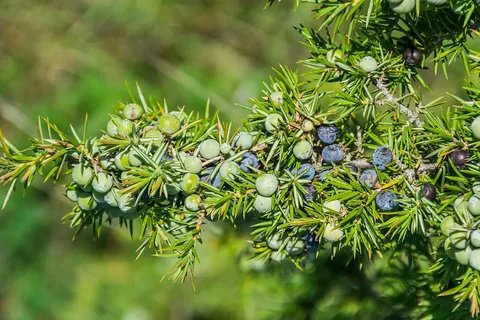Many people are familiar with juniper because of its connection to gin, but few realize the true potential of _Juniperus communis_, commonly known as the common juniper. This evergreen shrub has been used for centuries in traditional medicine, cooking, and even spiritual practices. Despite its many benefits, it remains one of nature’s most underrated plants.
In this article, we will explore the hidden benefits of _Juniperus communis_ and why it deserves more recognition.
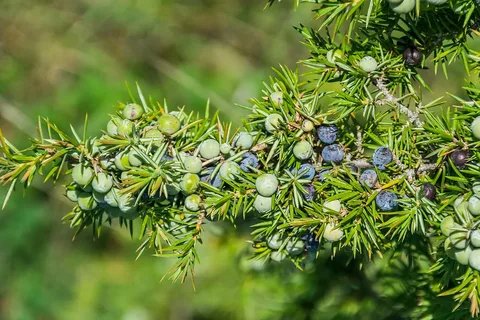
## What Is _Juniperus Communis_?
_Juniperus communis_ is a slow-growing shrub from the cypress family. It is found across Europe, North America, and Asia, thriving in forests, rocky landscapes, and open fields. It produces blue-black berries, which are technically seed cones with a fleshy texture. These berries take up to two years to ripen and have been used in medicine and cooking for centuries.
### Key Characteristics
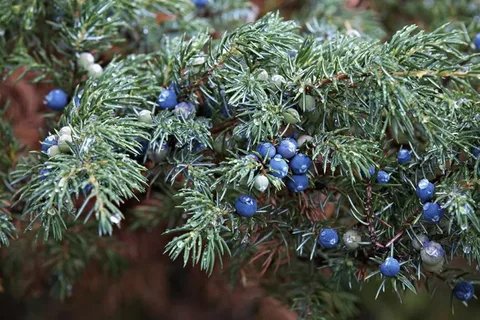
– **Appearance**: Small evergreen shrub with needle-like leaves
– **Berries**: Dark blue-black, aromatic, and rich in essential oils
– **Aroma**: Fresh, slightly citrusy, and woody
– **Habitat**: Found in cool, temperate regions
## Health Benefits of Juniper Berries
### Rich in Antioxidants and Anti-Inflammatory Compounds
Juniper berries contain high levels of flavonoids and essential oils, which help fight oxidative stress and reduce inflammation. This makes them beneficial for joint pain, immune support, and heart health.
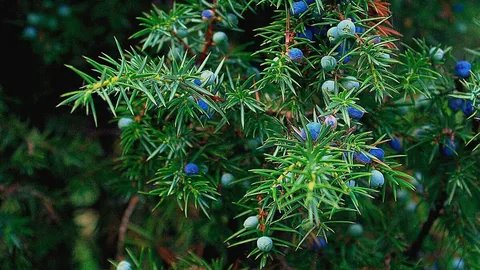
### Supports Kidney and Urinary Health
Juniper berries have diuretic properties, helping the body remove excess fluids and toxins. This makes them useful in preventing urinary tract infections and reducing bloating.
### Aids Digestion
Juniper has been traditionally used to ease indigestion, bloating, and stomach cramps. The berries promote a healthy gut microbiome and support liver function.
### Natural Antimicrobial Properties
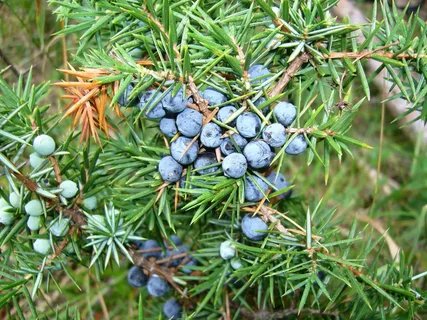
Studies show that juniper essential oil has antibacterial and antifungal effects. It has been used to treat infections, heal wounds, and clear respiratory congestion.
## Culinary Uses of Juniper Berries
While juniper is most famous for its role in gin production, it also enhances many dishes. The berries have a unique flavor—woody, slightly spicy, and citrusy—which pairs well with meats and herbal teas.
### How to Use Juniper in Cooking
– **Meat Seasoning**: Crushed juniper berries add depth to roasted meats, stews, and marinades.
– **Herbal Tea**: Boil dried juniper berries in water for a detoxifying tea.
– **Infused Drinks**: Add juniper to cocktails, lemonade, or herbal syrups for extra flavor.
## Traditional and Spiritual Uses
Beyond its health and culinary applications, juniper has been used in purification and protection rituals. It has been burned in ceremonies to cleanse spaces, ward off negative energy, and promote relaxation. Its essential oil is also used in aromatherapy to reduce stress and improve focus.
## How to Grow and Harvest Juniper
Juniper is a hardy plant that requires minimal maintenance. It prefers full sun, well-drained soil, and moderate watering. The berries should be harvested when fully ripened, usually in the fall.
## Why _Juniperus Communis_ Deserves More Attention
With its health benefits, culinary uses, and historical significance, _Juniperus communis_ is truly a natural treasure. Despite being overlooked, it has played an important role in herbal medicine and gastronomy for centuries. Whether for wellness, cooking, or traditional practices, this versatile plant offers value that should not be underestimated.
